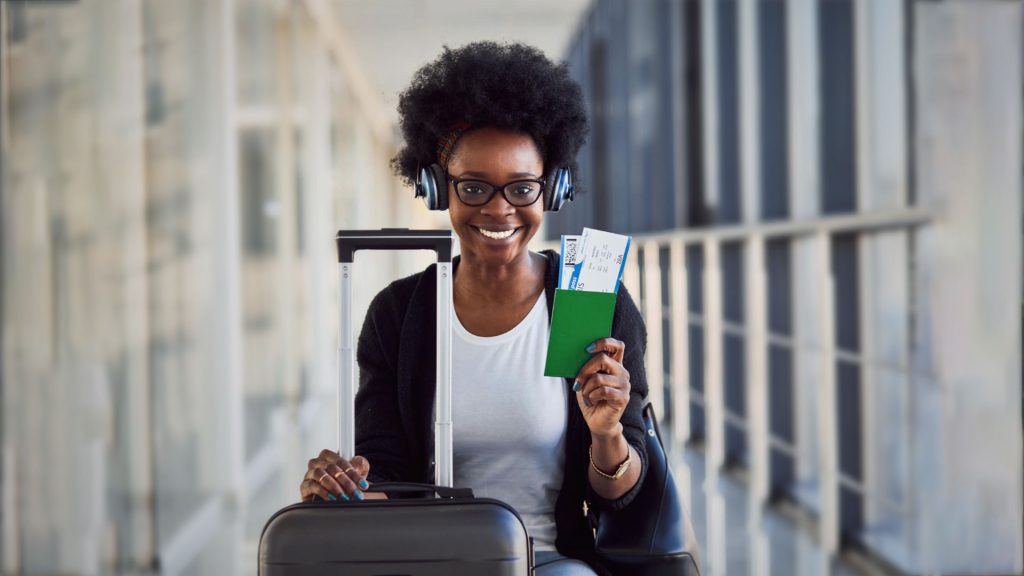The F-1 Student Visa is a great way to pursue your education in the United States. If you are interested in applying for an F-1 visa, sit tight because this article will give you all you need to know about the F1 study visa!

What is the F-1 Student Visa?
According to the United States Citizenship and Immigration Services, the F-1 Visa (Academic Student) allows you to enter the United States as a full-time student at an accredited college, university, seminary, conservatory, academic high school, elementary school, or other academic institution or in a language training program. You must be enrolled in a program or course of study that culminates in a degree, diploma, or certificate and your school must be authorized by the U.S. government to accept international students
How do I become eligible for an F-1 Visa?
If you are looking to be eligible for an F-1 visa, here are some criteria you must consider:
- Be accepted into a full-time academic program at a SEVIP (Student and Exchange Visitor Program) -approved school in the United States.
- Be sure you have enough money to support yourself and your dependents while you are in the United States.
- Have a valid passport from your home country.Your passport must be valid for at least six months beyond the date you plan to depart from the United States. You should apply for a new passport if your current passport is expired, damaged, or lost.
- Have no criminal record because the United States government considers a criminal record to be a risk to public safety.
- Demonstrate that you have strong ties to your home country and intend to return there after completing your studies.
- Be admissible to the United States. What this means is that you meet all of the requirements set by the U.S. government to be allowed to enter and stay in the United States as a student.
What are the requirements you must meet when applying for an F-1 Visa?
The requirements for an F-1 visa include:
- Filling out the online Form DS-160 visa application form.
- Paying the visa application fee.
- Having a valid passport and two passport-sized photographs.
- Obtaining a Form I-20 from your school.
- Registering in the Student and Exchange Visitor Program (SEVIS).
- Attending a visa interview at a U.S. embassy or consulate.
- Statement of purpose.
- Medical examination report.
- A letter of recommendation.
What are the financial requirements for an F-1 Visa?
To demonstrate that you have enough money to support yourself and your dependents while you are in the United States, you must show that you have at least the following amount of money:
- $10,000 ( roughly 7,724,700.00 naira at the time this article was written) for the first year of study.
- $2,000 ( roughly 1, 544,940.00 naira at the time this article was written) for each additional year of study.
You can also show your financial support in a variety of ways, such as:
- Your personal savings.
- Bank statements.
- Scholarships or financial aid.
- A sponsor’s letter.
What are the steps to apply for an F-1 Visa.
The application process for an F-1 visa is divided into two parts:
The school application process.
You must first be admitted to a full-time academic program at an SEVIP approved school in the United States so be sure to carry out the research to verify your school before applying. Once you have been admitted, the school will issue you a Form I-20, Certificate of Eligibility for Nonimmigrant (F-1) Student Status.
The interview.
You will then need to schedule an appointment for a visa interview at a US embassy or consulate in your home country. The interview is an opportunity for the consular officer to assess your eligibility for the visa so be prepared. Make sure you bring your passport, Form I-20, SEVIS I-901 receipt, and other required documents to your visa interview.
The officer will ask you questions about your academic and financial plans, your ties to your home country, and your reasons for wanting to study in the United States.
What Happens After I Get My F-1 Visa?
Once you have been granted an F-1 visa, you can travel to the United States and begin your studies. You must enroll full-time in your academic program and maintain a valid visa status. You are allowed to work on campus, but you are not allowed to work off-campus unless you have received authorization from the U.S. Citizenship and Immigration Services (USCIS).
How Long Can I Stay in the United States with an F-1 Visa?
The length of time you can stay in the United States with an F-1 visa depends on the length of your academic program. You will be given a visa that is valid for the duration of your program plus 60 days. You can apply to extend your visa if you need to stay in the United States longer to complete your studies.
If you need to extend your F-1 visa or change your status to another non-immigrant status, you must apply for a new visa or change of status with USCIS. You can do this by filing Form I-539, Application to Change or Extend Nonimmigrant Status.
What Are the Benefits of Having an F-1 Visa?
There are so many benefits to having an F-1 visa, including:
Access to top-ranked universities: The United States is home to some of the best universities in the world. With an F-1 visa, you will have the opportunity to study at one of these universities.
Networking opportunities: Studying in the United States can give you the opportunity to network with other international students and professionals. This can be helpful for your future career.
Job opportunities after graduation: With an F-1 visa, you may be able to get a job in the United States after graduation. This can be a great way to stay in the United States and build a career.
What happens after you receive your F-1 visa?
Here are some things to keep in mind after receiving your F-1 visa:
- You are not allowed to work off-campus unless you have received authorization from the U.S. Citizenship and Immigration Services (USCIS).
- You are allowed to work on-campus, but you are limited to 20 hours per week during the academic term and full-time during school breaks.
- You are allowed to travel outside of the United States, but you must maintain a valid visa status.
- You are allowed to apply for a change of status to another nonimmigrant visa category, such as an H-1B visa, if you meet the requirements for that category.
If you are unsure about anything related to your F-1 visa, you should consult with an immigration attorney. The attorney can help you understand your rights and responsibilities under the visa and can assist you with any problems that you may encounter.
Also remember to get help from a visa consultant if you are not sure how to apply for an F-1 visa. A visa consultant can help guide you through the application process and make sure that you are meeting all of the requirements.
We hope this blog post has been helpful. If you have any further questions about the F-1 student visa, please feel free to contact VAPP for a consultation and personalized consultation. You can also check your eligibility to study abroad here. Good luck with your study abroad dream!
